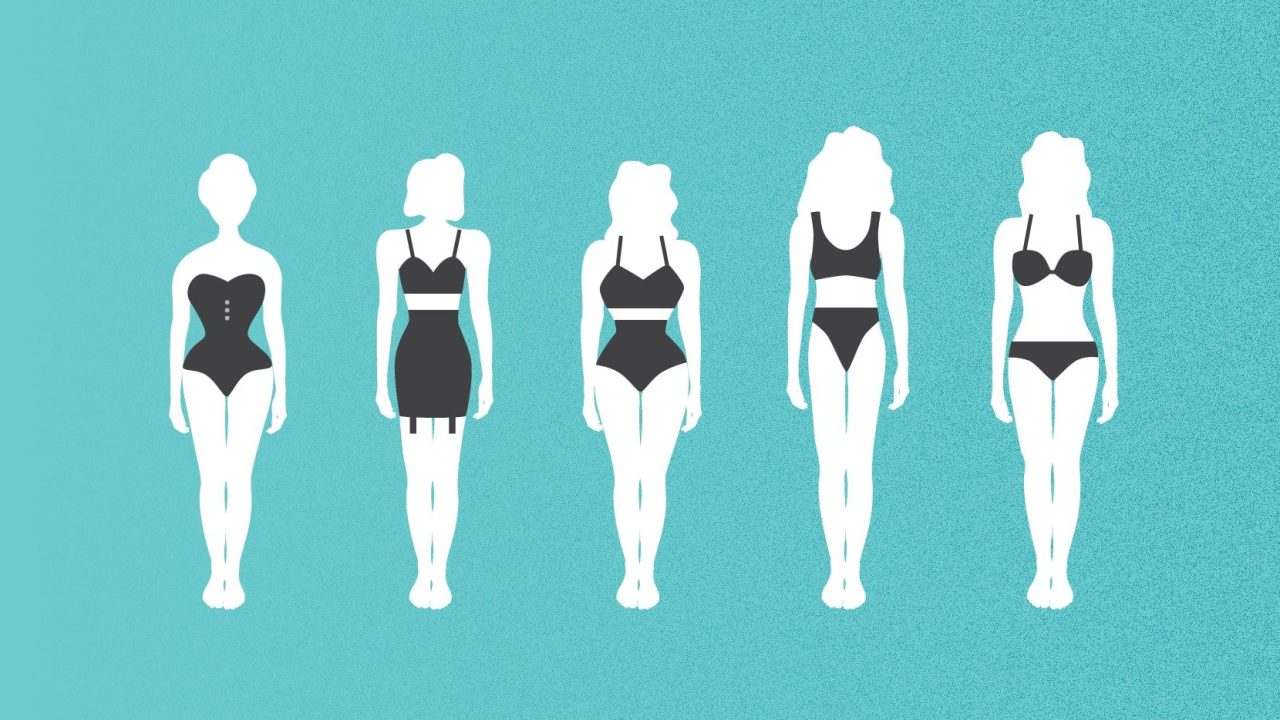In a desperate attempt to talk about something other than the pandemic, my mind wandered toward the encroaching warmer weather.
After months of cold and snow, western New York comes alive joyously in the spring and summer. But after a full year of our lives turned upside down, many people are struggling with a less obvious side effect from COVID-19 that is likely to be exploited in the coming months, weight changes.
Time Magazine just reported that 61% of Americans gained unwanted weight during the pandemic. Stress, unhealthy coping habits, disrupted sleep, and a drastic change in routine have been noted as some of the biggest contributors to fluctuations in weight. These reasons should lead to a more radical acceptance of your changing bodies, but it often does not.
Many individuals have struggled significantly with the notion that a deadly global pandemic caused change for them. This is largely related to the never-wavering societal belief that your worth is directly connected to what you look like. While changing a damaged body image takes a great deal of time and effort, let me provide you with some intellectual nourishment that might help.
DISCLAIMER: I AM NO EXPERT.
- Seek neutrality! While the Body Positivity Movement has had its time in the sunlight, it still places an emphasis on beauty. Saying that “All bodies are beautiful” indicates that you must be beautiful (subjective!) to have worth, which isn’t true. The BoPo Movement also stresses that you should love your body which many people cannot do. Hint: you are not a failure if you don’t love every part of you!
The more realistic option is to work towards “body neutrality.”
This signifies that all bodies are valid, removing the constructs of good versus bad. Body neutrality is respecting and appreciating your body without any emotion attached to it. Work on accepting your bodies’ abilities, functions, and nonphysical characteristics.
- You have a body. You are not the body you have. When your body changes, it is not a reflection on your character and should not be tied to your identity.
- There are no normal bodies. Your body is unique to you. Your height, your muscle mass, your genetic makeup, your heritage, etc. Therefore, it cannot be the same as anyone else’s.
- STOP commenting on people’s weight, shape, or size! This is a cardinal sin and should be avoided at all cost. Even if you consider your comment to be positive, it can still cause trauma. And if your comments are intentionally negative, there is no seat for you at my table. You have no idea what a person is going through and you do not know what their perception of your statement will be. You could be antagonizing an eating disorder or a diminishing mental state.
Rule of thumb: If it cannot be fixed in 30 seconds, don’t mention it. Example? If they have a piece of lettuce stuck in their teeth. What do you do? Quietly tell them then cause a dramatic scene so no one sees them floss it out. Options include faking a faint, spilling something all over yourself, burping loudly, or shutting down all the power in the room.
- Social media is fake. Those people and bodies that you idealize don’t really look like that. All you are doing is torturing yourself trying to meet an unrealistic standard. Do not feed into a society that profits from your insecurities.
Remember there is no manual. All you can do is try your best…and Spectrum Health is here to help.
Jessica Okoniewski
Clinical Director
Southtowns Counseling Center



